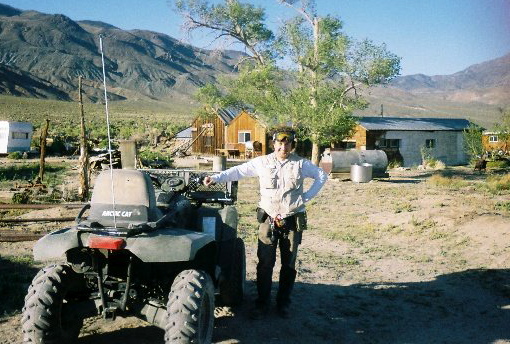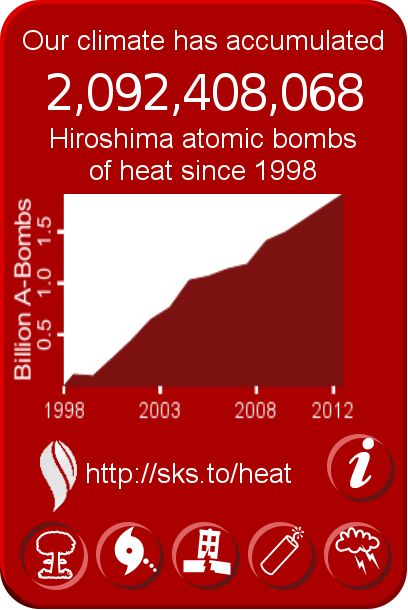This is part two of a two-part series on the limits of human economic growth on planet Earth. Part one details some of the environmental and natural resource challenges we’re up against. Here, we look at the ultimate size of the resource pool and solutions to our problems.
Growing the Pie
In Part One of this series I showed you that we’re up against incredible challenges: feeding a world with a rapidly growing appetite, the continuing loss of the world’s precious forests, the ongoing collapse of fish species in the oceans, the rapid depletion of our fresh water resources, and the over-arching threat of climate change, which makes all others far worse. Those trends point towards a dystopian, Elysium-like future.
Ending growth isn’t a realistic option to deal with that. Billions of people in the developing world want access to more resources, deserve those resources as much as those of us in the rich world do, and need them in order to rise out of poverty. Growth won’t end without a struggle. And that struggle could turn violent, as it has in the past.
There’s only one acceptable way out of our current predicament. And that is to grow the total pie of resources available to the world’s inhabitants. And a close look at the numbers and at the human history of innovation suggests this is possible.
So we’re at a crucial point in human history – a race between destruction and creation. On the one side, we have the pace at which we’re consuming finite resources and warming and polluting the planet – a trend with disastrous consequences should it continue unchecked. On the other side, we have our vigorous progress in innovating to tap more efficiently and cleanly into a truly enormous supply of fundamental natural resources the planet provides.
Are we on track to win this race?
That’s not at all clear. Consider, for a moment, climate and energy. Multiple groups have proposed plans by which the world could be powered almost entirely by renewable energy by 2050, or, in the most ambitious plans, by 2030.
Yet even as those plans are articulated, worldwide CO2 emissions are rising, not falling. In 2012, the planet as a whole emitted a record-breaking 35.6 billion tons of CO2 into the atmosphere. And the concentration of greenhouse gases in the atmosphere is surging along with our annual emissions. In 2012, atmospheric CO2 concentrations rose by the largest amount in 15 years to a new level of 395 ppm, most of the way to the 450ppm that climate scientists have articulated as the threshold for dangerous warming.
The fundamental driver here is economics. Consumers, businesses, and industry want energy. They need energy. That’s true everywhere in the world. And they will buy whatever sort of energy is cheapest. Indeed, if a new source of energy is sufficiently cheaper than the old, consumers will switch their energy consumption from the old to the new.
If we want to win the race against climate change, one thing matters more than all others: make renewable energy (including storage) cheap. Dirt cheap. And do it fast.
How do we do that? Fundamentally, we need to increase the pace of innovation. And there are two clear strategies to do so.
The first is to invest more in clean energy R&D. In 2012, the US suffered $100 billion in damage from the climate-linked disasters of Hurricane Sandy and the still-ongoing drought. Yet we spent only $5 billion on clean energy R&D, an amount that’s roughly half of what we spent in the 1980s. It’s also a small fraction of the $30 billion the US spends each year on medical research and the $80 billion the US spends each year on defense R&D. Yet in a very real sense, clean energy R&D is an investment in both future health and in national security. Bill Gates proposed last year that this amount should be roughly tripled to $16 billion. That’s a fine start.
The second is to be more inclusive in our cost accounting. The market is a brilliant algorithm that does a masterful job of allocating resources and driving incentives – so long as costs are fully transparent to it. But sometimes, a cost is completely missing from the books – missing in such a way that the market can’t see it.
io9














